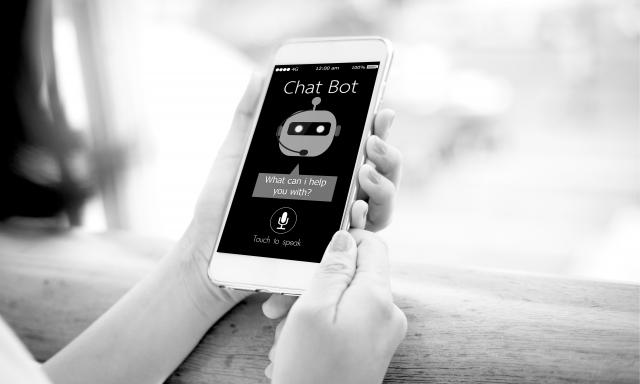

 Article
Article

 What is the word-of-machine effect? Professor Luca Cian writes for Harvard Business Review (TAG) on his recent research highlighting when people prefer AI recommendations over human ones.
What is the word-of-machine effect? Professor Luca Cian writes for Harvard Business Review (TAG) on his recent research highlighting when people prefer AI recommendations over human ones.

Insights from
You just binged a recent show on Netflix, now a suggestion comes on what you might enjoy next. Each day consumers are offered recommendations from companies, many based on technology and artificial intelligence. What do you expect to like more: The show the streaming program suggests or the one of a close friend recommends? Professor Luca Cian and Boston University's Questrom School of Business Professor Chiara Longoni write for an article in the Journal of Marketing and for Harvard Business Review on how marketers can account for consumer biases against algorithms, design for a satisfying experience and work with what they call a word-of-machine effect.
"The word-of-machine effect stems from a widespread belief that AI systems are more competent than humans in dispensing advice when utilitarian qualities are desired and are less competent when the hedonic qualities are desired. Importantly, the word-of-machine effect is based on a lay belief that does not necessarily correspond to the reality. The fact of the matter is humans are not necessarily less competent than AI at assessing and evaluating utilitarian attributes. Vice versa, AI is not necessarily less competent than humans at assessing and evaluating hedonic attributes."
Read the full HBR article here and the Journal of Marketing paper here.
Cian’s area of marketing expertise encompasses consumer behavior and psychology, specifically as related to sensory marketing and social cognition.
His work has appeared in leading academic journals Journal of Marketing Research, Journal of Consumer Psychology and Journal of Consumer Research, and has been discussed on NPR and in other mainstream channels including The Huffington Post, New York magazine, The Atlantic and Fast Company’s Co.Design.
Before coming to Darden, Cian was a postdoctoral scholar at the University of Michigan Ross School of Business, while also serving as a marketing consultant for the Italian Environmental Protection Agency and working at the Sensory Marketing Laboratory and at the Social Cognition Laboratory.
M.S., University of Trieste; Ph.D., University of Verona (visiting at University of Michigan); Postdoc, University of Michigan
Word of Mouth vs. Word of Machine: Marketers, AI and the Customer Experience
Share